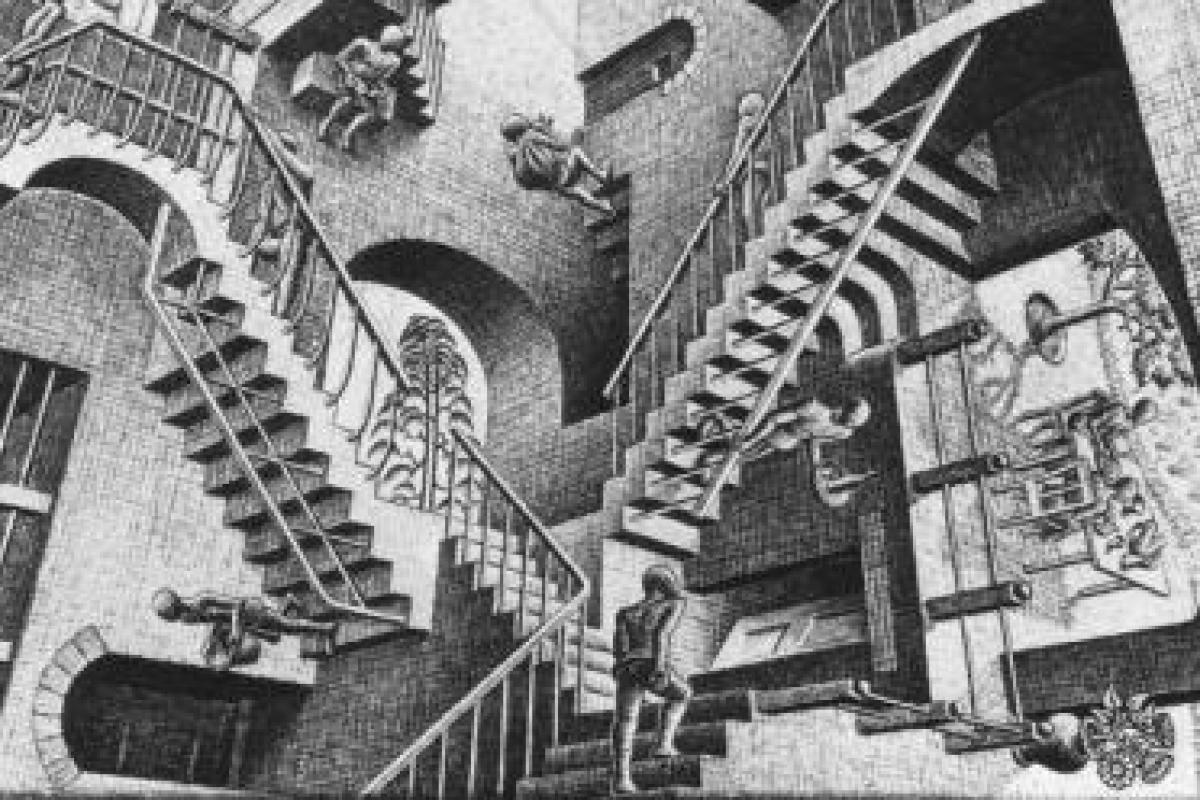My Dad once told me that he thought there were three types of people in this world:
There are the people who make things happen.
There are the people who watch things happen.
And there are the people who say ‘What happened?!’.
We’d like to think that the people who make things happen are the people in the top jobs. But too often they aren’t.
Instead, the keys to many of our supposedly leading organisations have long since been handed over to the people who watch things happen.
And this presents a huge problem.
Because the people who watch things happen, by definition, thrive on the status quo. They are creatures of the vested interest.
So when it comes to making change, they get in the way. They are part of the problem, not part of the solution.
I’ve got a friend who is trying to make much-needed change in her organisation.
Any external observer would recognise that the change required is fundamental; indeed, existential. My friend is enthusiastic about bringing this change about, and day-in, day-out pours every ounce of her energy into that task.
Her boss and her ‘business partners’ in HR tell her that they want to see this change too, and that they ‘support her’ in her efforts. Indeed, making this change is one of her ‘key objectives’, signed off in the tedious annual ‘Business Plan’ for her team.
But in fact, at every opportunity, her boss and HR stymie her - with pointless process, endless forms, rounds of meetings, ‘organisational consistency’, Byzantine sign-off hierarchies, poisonous little ‘catch-ups’, budget reviews which only go one way; the list goes on.
They may or may not be doing it deliberately. But they do it instinctively, because by definition change requires leaving the stasis of the comfort zone.
Intellectually, her boss and HR may well understand the case for change. Frankly, it would be difficult not to. And they’re spending a lot of money on a very expensive ‘change programme’.
But the sad truth is that they kind of like things how they are. They know how to operate them, understand ‘the system’.
And so the change that they need will not come about. My friend is on the corporate equivalent of an M.C. Escher staircase.
Leaders and people of influence like HR can say what they like. But people don’t listen to what you say. They look at what you do.
And if what you do is block, brake and bollock on, then they will understand your true intentions.
Talking about change - but actively not making it - is both pointless and cowardly. It is also exceedingly self-defeating.
Because my friend will be ok. Very soon, she will move on, taking her huge talent and energy to somewhere where the leadership is genuinely interested in making things happen.
And the people who watch things happen will sign her card and go to her leaving drinks and then go back to their desks and carry on with business-as-usual.
They will, no doubt, keep talking about whatever they believe they need to be seen to be talking about - in order to keep watching things happen.
The problem for them is that there comes a point where you can’t watch things happen anymore.
Suddenly, you find that the world has changed, and you haven’t changed with it.
And then you’re left saying:
‘What happened?!’
